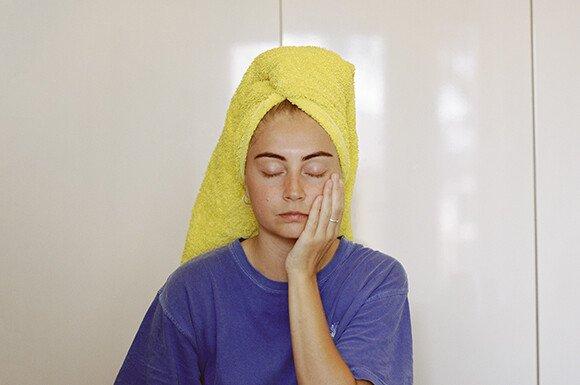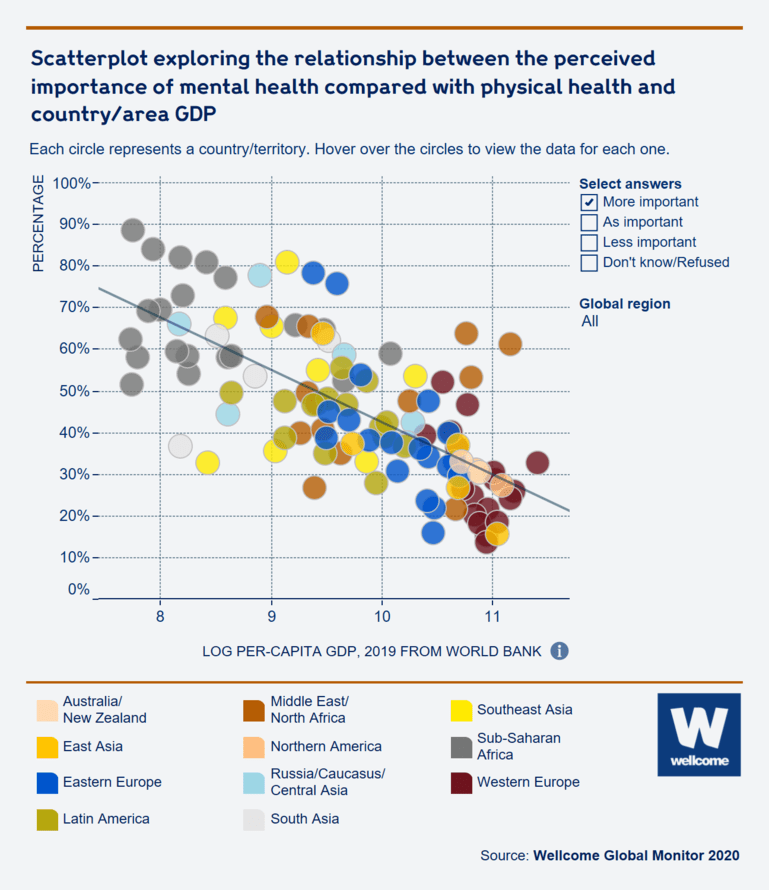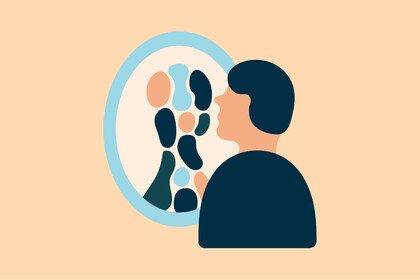
What is the role of science in mental health?
Over nine in ten people worldwide (92%) feel mental health is as or more important than physical health for overall wellbeing, with almost half (46%) saying it is more important – according to a new global survey into people's experiences and views on mental health and science.

Hayleigh Longman / Covid-19 Anxiety Project © Wellcome
Data from the Wellcome Global Monitor, published today, also reveals that those from low and lower-middle-income countries (58%) were more likely than those in higher-income countries (28%) to say that mental health was more important than physical health. The survey, conducted by Gallup World Poll, covered over 119,000 people, aged 15 years old and older, in 113 countries and areas.

Science’s unclear role in mental health
Despite the high value people put on mental health, the survey found that science’s role in understanding and alleviating mental health issues seems unclear to many. Less than a third said science can explain a lot about how feelings and emotions work (27%) or can do a lot to help treat anxiety or depression (31%). In contrast, about half said science can do a lot to help treat infectious diseases (53%) or cancer (49%).
Interact with the chart below
'It’s clear that people around the world really value mental health but they don’t see science’s role in improving it. Science has enormous potential to improve mental health and researchers across the world are working to deepen our understanding and develop new treatment approaches. It might not be easy, but it’s within our grasp. Now is the time to go further and faster to find solutions to the problems faced by all of us.' – Professor Miranda Wolpert, Director of Mental Health at Wellcome
Experiences of anxiety and depression
The Wellcome Global Monitor asked people about the two most common mental health problems, anxiety and depression, finding:
-
About 1 in 5 people said they had experienced anxiety or depression, which kept them from continuing their regular daily activities for two weeks or longer.
-
Almost three quarters (73%) of people who had experienced anxiety or depression said they have felt this way more than once in their lives. The majority (62%) had their first experience before turning 30.
-
The survey also asked about the things people with experience of anxiety or depression tried to make themselves feel better – offering eight different approaches. Most people had used a combination of approaches; 72% had said they had used at least four of the eight. The most common thing that people used was talking to friends and family.
An urgent need for new solutions
Mental health problems are a growing public health concern, with anxiety and depression among the leading causes of illness and disability, affecting millions globally each year and causing significant social and economic impacts.
'To realise our vision of a world where no one is held back by mental health problems, we need to better understand how existing solutions work and interact. This is a huge challenge – but an extremely exciting one that I believe we can rise to together. By bringing together researchers from different disciplines and people with lived experience, we can find the next generation of treatments and improve mental health for everyone, everywhere.' – Professor Miranda Wolpert, Director of Mental Health at Wellcome
Wellcome Global Monitor 2020: Mental health
Insights from the Wellcome Global Monitor report is available to download, alongside the data set. The Wellcome Global Monitor’s findings on trust in science will be released in a second report later this year.
Wellcome is working to transform how we understand and address mental health. In 2019 we committed over £200 million to find the next generation of treatments and approaches for anxiety and depression, bringing together young people with lived experience, mental health researchers and other experts from all over the world, to work collaboratively.
Wellcome is also supporting research to identify the ‘active ingredients’ - the aspects of an intervention that drive a clinical effect – of different mental health treatments and approaches. A summary report of this work has also been published today, looking at a broad range of approaches, such as relaxation techniques, selective serotonin reuptake inhibitors (SSRIs), sleep and helpful thinking patterns.

